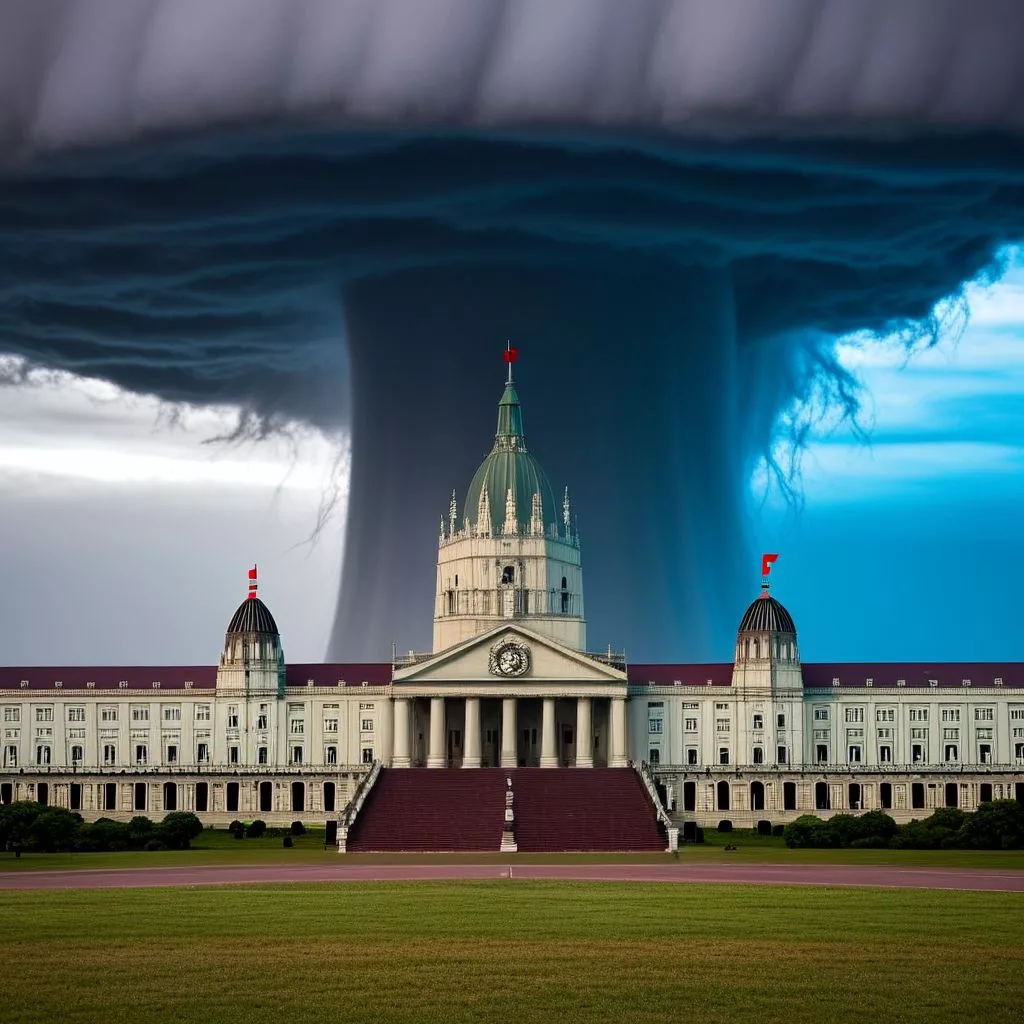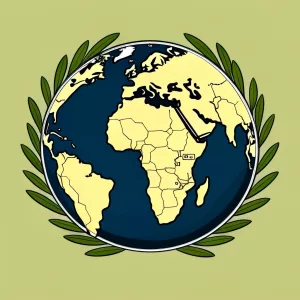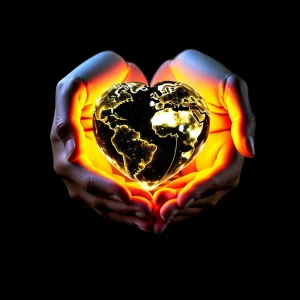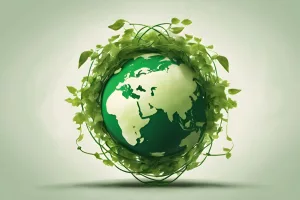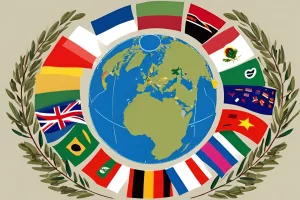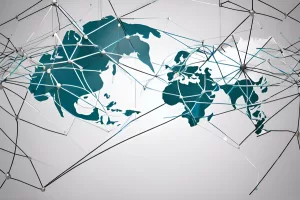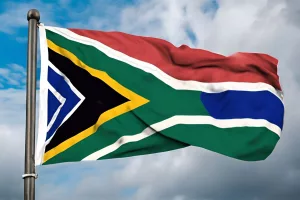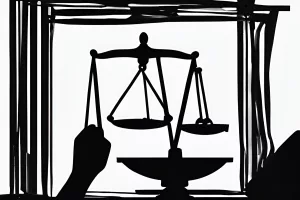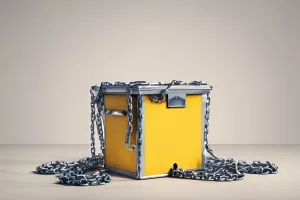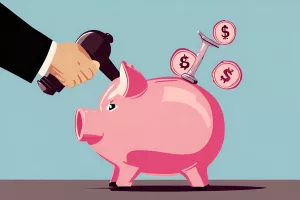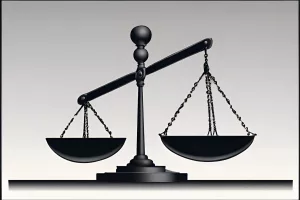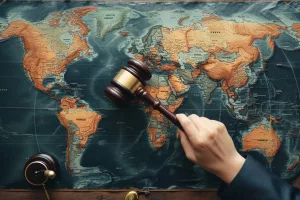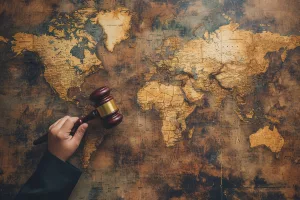In the heart of South African politics, a fiery clash unfolds between Julius Malema and President Cyril Ramaphosa over a meeting with billionaire Elon Musk. Malema accuses Ramaphosa of giving a platform to Musk, whom he labels a racist, raising alarms about South Africa’s identity and sovereignty. This dramatic confrontation reveals deep historical tensions and highlights the struggle for accountability in today’s global landscape. As voices clash in parliament, the nation grapples with its past and the complexities of modern diplomacy, making this encounter a powerful reflection of South Africa’s ongoing journey.
Cyril Ramaphosa’s Diplomatic Gambit: South Africa’s Voice in Europe’s Hour of Crisis
South African President Cyril Ramaphosa is stepping up as a calm and wise voice in the tense RussiaUkraine conflict. Using lessons from South Africa’s own journey from division to peace, he encourages open talks between Russia, Ukraine, and world leaders. His thoughtful, empathetic style helps build bridges when others choose sides. Ramaphosa’s efforts show that even in a fractured world, honest conversation can open paths to peace. This new role shines a hopeful light on South Africa’s place in global diplomacy.
President Cyril Ramaphosa calls for urgent action to improve health care for women, children, and adolescents. He highlights three key priorities: making health services truly accessible to all, boosting sustainable funding, and protecting sexual and reproductive rights with education and safe care. Ramaphosa shares powerful stories, like a young girl saved by a nurse, showing how good care changes lives. He urges global leaders to work together, embrace innovation, and be accountable to ensure no one suffers from preventable illness or death.
President Cyril Ramaphosa’s leadership in South Africa is a tricky puzzle. He struggles to control his party, the African National Congress (ANC), which is filled with different groups and opinions. This confusion spills over into his government, making it hard to create clear policies, especially on energy. As he tries to balance many voices in a coalition government, he faces huge challenges like high unemployment and economic inequality. Ramaphosa’s cautious style of leadership sometimes makes it seem like he’s unsure, which adds to the chaos around him.
President Cyril Ramaphosa dreams of a united and sustainable world where everyone has a chance to thrive. Speaking at the G20 in New York, he emphasized the importance of working together to tackle big problems like inequality and climate change. With his upcoming leadership of the G20, he aims to put Africa at the center of global discussions, pushing for reforms that ensure fairness and support for the most vulnerable. His message is clear: through cooperation and bold action, we can build a better future for all.
In his speech at the 79th UN General Assembly, President Cyril Ramaphosa shared South Africa’s inspiring journey from apartheid to democracy, highlighting the importance of global peace and cooperation. He emphasized the need for fairness in world governance, urging nations to work together against current conflicts, like the situation in Gaza. Ramaphosa also addressed the challenges of climate change and pandemics, calling for united action to help vulnerable countries. He finished with a powerful reminder that building a fair and just world takes commitment and teamwork from all nations.
In New York, South African President Cyril Ramaphosa met with billionaire Elon Musk, hoping to attract his investment to South Africa. This meeting was exciting for many, especially with the upcoming launch of Musk’s Starlink internet service, which promises to improve internet access across the country. Ramaphosa’s presence at the UN and his talks with business leaders show his commitment to boosting South Africa’s economy. The anticipation for Starlink is a symbol of hope, inspiring many South Africans to dream big and believe in their potential for success.
President Cyril Ramaphosa dispelled rumors of Julius Malema’s alleged pitch for the Deputy President’s position, stating that Malema had never proposed himself for the role. Malema endorsed Veronica Mente for the Deputy Speaker’s role, emphasizing his demands for governmental accountability. Despite his aspirations for a significant governmental role, the EFF’s rank dropped to fourth among South Africa’s political parties, dashing Malema’s ambitions.
The Democratic Alliance is challenging President Cyril Ramaphosa, alleging that he has used his executive position for political gain. The tension between a public office’s responsibilities to citizens and the potential for misuse is a global theme, highlighting the importance of political opposition in holding power accountable. This power struggle in South Africa exposes the intricate dynamics of political maneuvering in a democratic society and the pivotal role of opposition parties in upholding democracy.
Jacob Zuma, former South African President, has been expelled from the African National Congress (ANC), the political party he once led. Zuma’s endorsement of a competing party has stirred up the political scene ahead of the general elections in South Africa, and his expulsion marks a significant change in the nation’s political dynamics. Despite facing frequent accusations of corruption during his presidency, Zuma’s popularity remains robust, with nearly a third of South Africans expressing approval for him, particularly in his native province of KwaZuluNatal, a pivotal electoral district.
South Africa’s COVID Grant, which provides financial assistance to citizens, may become a permanent feature in the nation’s socioeconomic landscape. The grant has seen yearly extensions since its establishment and could evolve into a longterm support mechanism. The debate surrounding its permanence is not simple, and there are concerns about the fiscal strains it could place on the country, but it could also serve as a symbol of hope for millions grappling with joblessness and destitution. Regardless of the outcome, South Africa’s commitment to social security and pursuit of a fair future remains unwavering.
Former South African President Jacob Zuma is facing legal action to recover R29 million in statebacked legal charges related to his corruption trial defense. The legal proceedings were initiated by the State Attorney and Presidency in compliance with a directive from the Supreme Court of Appeal. The case raises concerns about taxpayers funding personal legal battles and the principles of public accountability. The legal maneuver aims to ensure the reimbursement of all expenses personally shouldered by Zuma during the criminal prosecution and associated legal procedures.
South Africa’s Fiscal Speech Day 2024 is a crucial event set to unveil proposed measures for budget reduction, plans to plug a tax revenue deficit, and the future of the country’s welfare state initiatives. Speculations are rife about the potential evolution of the Relief of Distress Grant into a Basic Income Grant, and the public is watching closely for announcements related to Eskom’s debt, load shedding, and potential bailouts for governmentowned corporations. The Finance Minister’s ability to balance the nation’s economic health and the ANC’s commitment to fiscal prudence in an election year will determine the country’s economic path forward.
South Africa is preparing to battle Israel in the International Court of Justice, aiming to force Israel to cease its military operations in Gaza, which the South African government has called “genocide.” The legal team, referred to as the “Ateam,” includes top legal minds with expertise in international law and a flair for presenting compelling arguments in court. This case has deep historical and political ties to the Palestinian cause and has implications for South Africa’s global standing and internal political dynamics. While the case could potentially boost South Africa’s reputation among its allies, enforcing the ICJ’s rulings may pose a challenge.
South African President Cyril Ramaphosa has stated that it is South Africa’s moral responsibility to bring Israel’s military actions against Hamas in Gaza to the attention of the International Court of Justice (ICJ) as he believes that there is genocide taking place in Israel. Ramaphosa’s decision is rooted in South Africa’s commitment to human rights, which he believes is a cornerstone of their international identity. He has also criticized the newly launched Umkhonto weSizwe party, which has the backing of former President Jacob Zuma, and reiterated the ANC’s leadership role in the country.
Dr. Blade Nzimande, the Minister of Higher Education in South Africa, is facing accusations of accepting bribes from NSFAS service providers in exchange for tenders and safeguarding. These accusations came to light when the Organisation Undoing Tax Abuse exposed covert voice recordings, sparking a nationwide outcry. Despite the political pressure and demands for his discharge, Nzimande maintains that the charges are part of a counterattack against his efforts to eliminate corruption within the NSFAS. The ongoing controversy has plunged South Africa’s political scene into a state of turmoil, with the nation anxiously waiting for justice to prevail.

